Judicial decision making: influences and possible perspectives
$0.00
Numerous research results demonstrated that judicial decision making is deeply influenced by factors that are exogenous with regard of the judged case. A seminal study by Englich, Mussweiler and Strack (2006) shown that judges’ decisions are influenced by external factors. These German researchers demonstrated that the decision of a judge is altered by the suggestion from a journalist’s, by the advice of a prosecutor, and even by the number resulting from a dice throwing. In parallel, a Swiss study by Kuhn, Villeta and Willy-Jayet (2005) demonstrated that the judge’s decision is influenced by the measurement unit: for the same case, a sanction expressed in years is always heavier than a sanction in months or days. In France, an overview by Faget (2008), a researcher from CNRS, shown how judicial decisions are influenced by the current reinforcement of the bureaucratic organization of the judicial system. A synthesis by Goldszlagier (2016), in the French Judicial School journal, shed light on defense disadvantages in the current trial organization for both the judge and the defense are influenced by the prosecution who benefits of the first statements and claims. The paper suggested that judicial actors can minimize these influences through a collegial council in charge of the most controversial and challenging cases. These studies do not concern shared parenting decisions but suggest fruitful perspectives for further research and for judicial recommendations.
Presenter
Prof. Michel Grangeat
University of Grenoble Alpes, France
Professor Michel Grangeat is Emeritus Professor of Educational Science at Université Grenoble Alpes in France. His PhD thesis was on metacognition, differentiation and assessment in mathematics education in lower secondary schools of socially deprived districts.
His research focuses on the processes that underlie professional activity and professional development within the domains of teaching, training and education in general.
He contributed to the report for the European Commission “Science Education for Responsible Citizenship”. Professor Grangeat serves as Chair of the International Council on Shared Parenting European Committee, in charge of the relations with the Council of Europe on Children’s Rights, Work-Life Balance, and Shared Parenting.

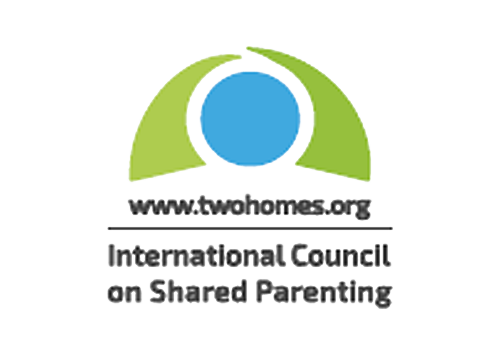
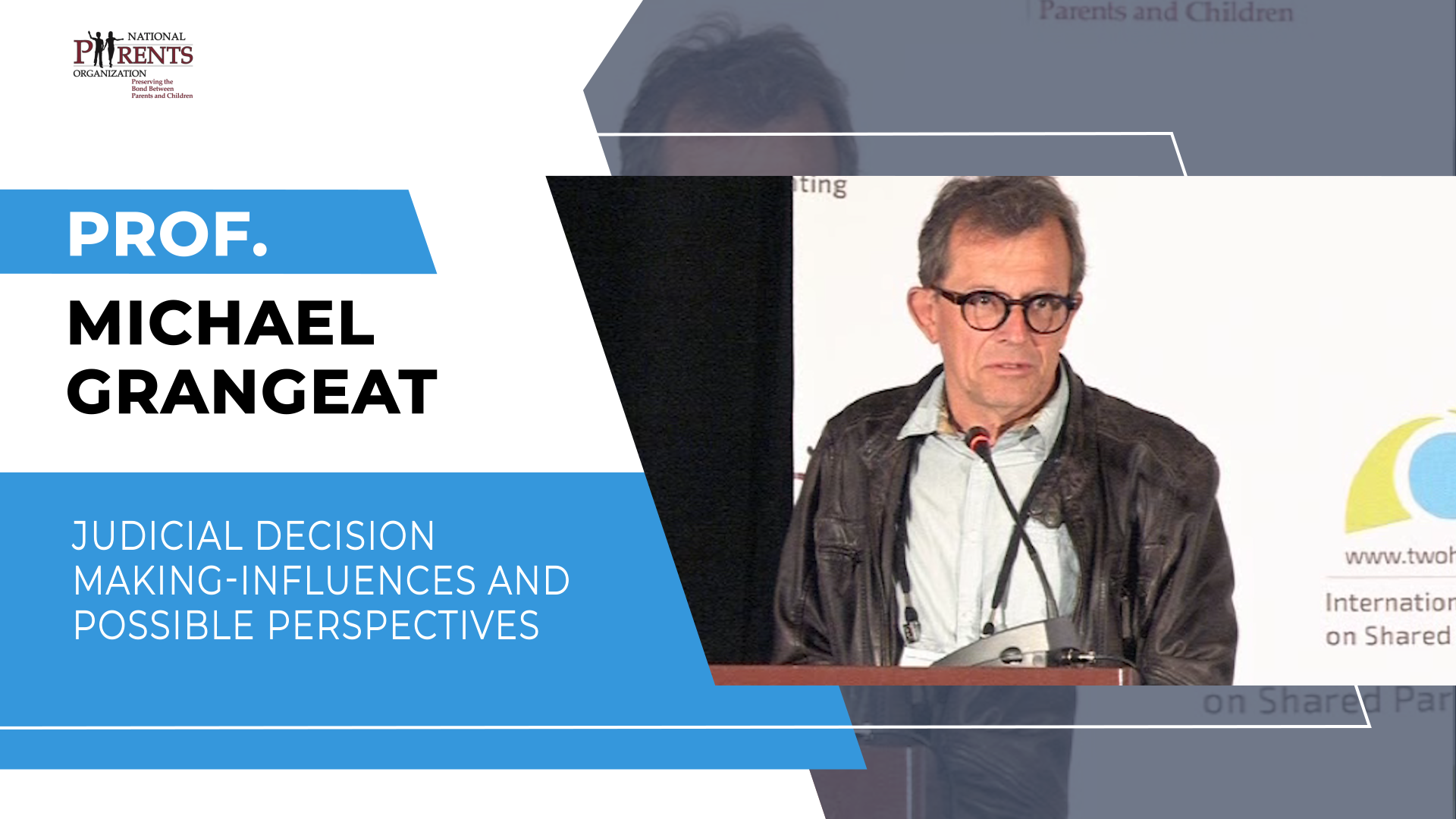
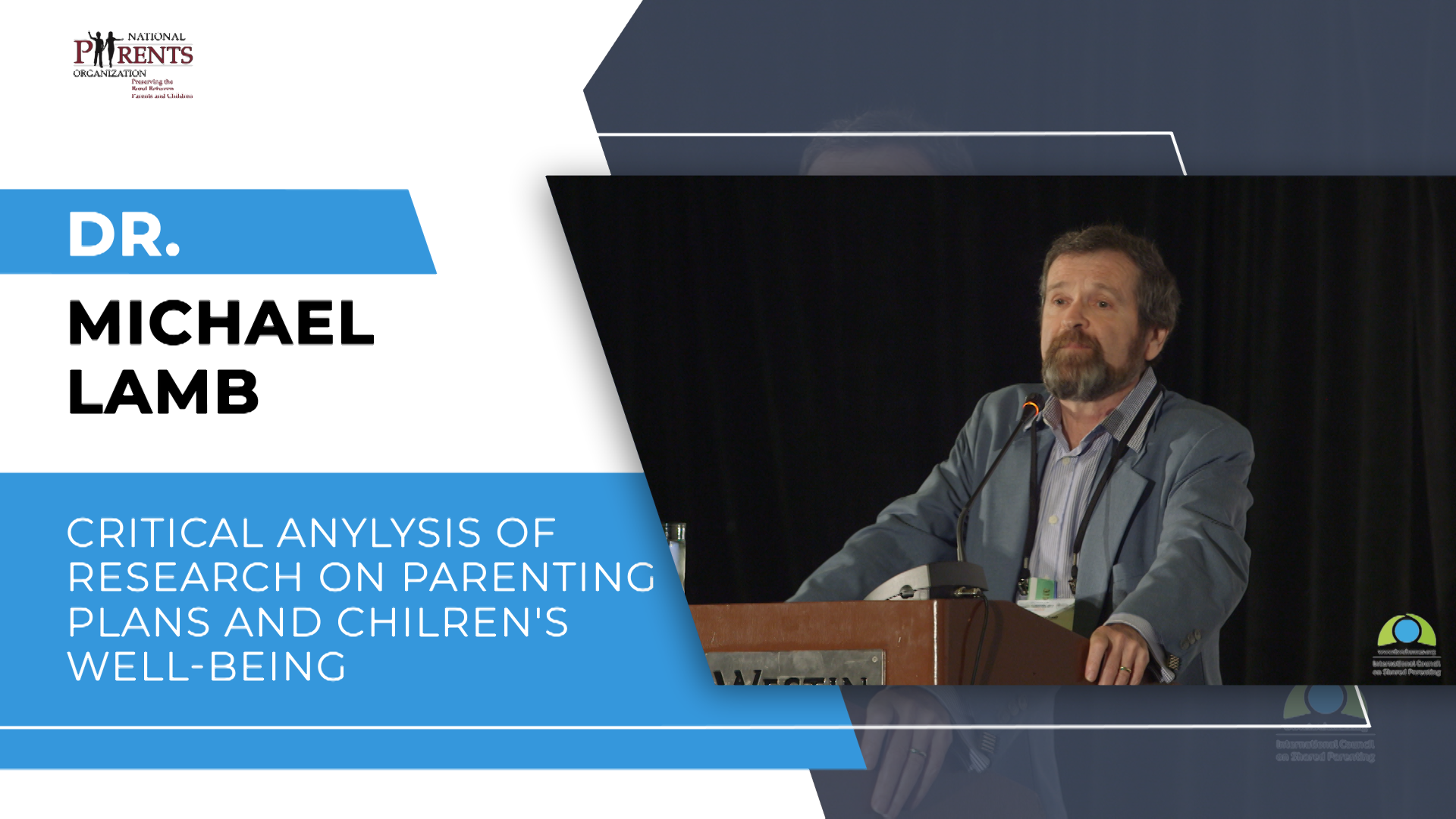
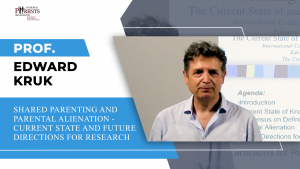

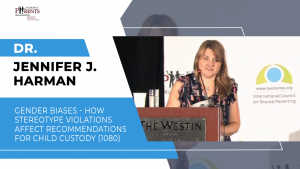

Reviews
There are no reviews yet.